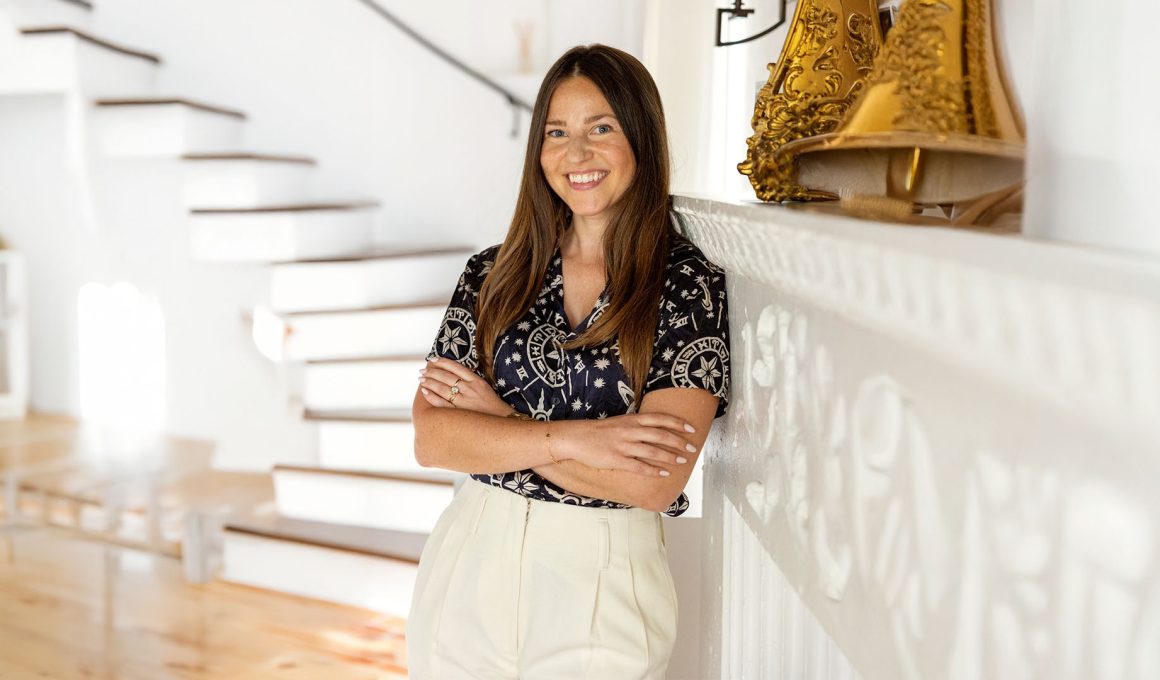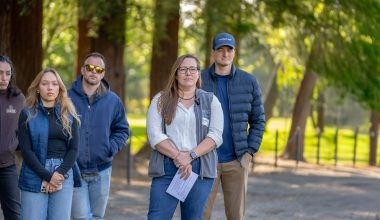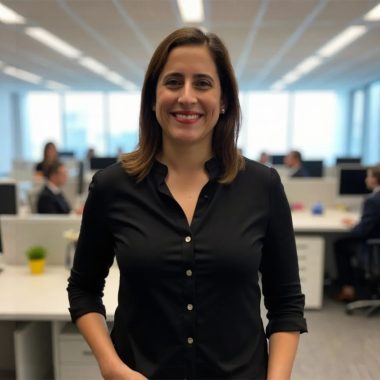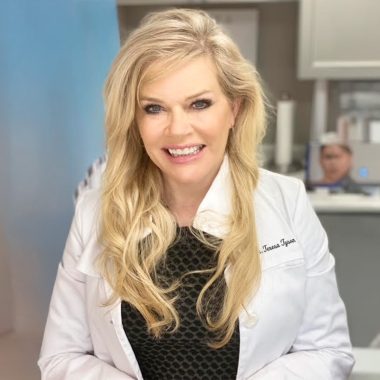September 9 might not be a date that stands out, but Emily Campbell is working to change that. Through her nonprofit, Not These Ovaries, she is helping to lead a growing movement to establish Low Grade Serous Ovarian Cancer Day, and the momentum is building quickly. What began as a local collaboration with another US-based organization has grown into a national effort. “We are collaborating with other partners in this space,” Campbell explains. “There’s another nonprofit that, just like us, focuses on low grade serous ovarian cancer.” That partner led to the creation of the awareness day last year. Now, they are laying the groundwork for what she calls a Low Grade Serous Ovarian Cancer Coalition, a united effort to bring visibility to a disease that is still unfamiliar to most people.
Getting Creative with Partnerships
Campbell and her team are looking beyond the healthcare sector. They are reaching out to a variety of partners, from state-based ovarian cancer organizations to small businesses and wellness brands in Miami, where the nonprofit is based. “We’re partnering with hyperlocal businesses and community groups, whether or not they’re directly tied to health,” she says. “If they connect to wellness, beauty, or women’s issues, they’re a fit.”
The strategy is intentional. These local organizations already have trusted voices, engaged audiences, and strong community roots. Campbell is asking them to spotlight low grade serous ovarian cancer for just one day. “We want them to highlight and focus on LGSOC because most people still don’t know it exists.” The nonprofit is also working with pharmaceutical companies like Verastem, which recently received FDA approval for a drug targeting a specific mutation of recurrent low grade serous ovarian cancer. “Their goal is also to raise awareness,” Campbell says, noting the shared incentive to increase visibility and support future research.
Involving the Right People
When asked who should lead the charge, Campbell is clear. “Patients. Patient advocates. And that includes caregivers,” she says. Spouses, parents, and loved ones often sit in the waiting room, take notes during doctor visits, and provide daily support. They are a critical part of the journey. Campbell also points to the broader care team. “That includes chemo nurses, oncologists, palliative care providers, and anyone involved in complementary care,” she says. “Cancer is not just a physical disease. It affects patients on every level. That is why the people who surround them are so important.” She believes that stories are the most powerful tool for change. “Stories are impactful. People connect with them,” she says. “When someone donates to a cause, even if it’s close to their heart, they also want to feel something. That emotional connection matters.”
Tracking Real Progress
In just a short time, Campbell has seen real movement. “There has been FDA approval for a drug combination that treats recurrent KRAS-mutated low grade serous ovarian cancer,” she says. “It is the first ever FDA-approved treatment for this specific cancer, which is incredibly exciting.” Still, there is more work to do. There is currently no FDA-approved first-line treatment for LGSOC. But Campbell sees that not as a limitation, but as motivation. When she was diagnosed with a similar ovarian cancer, in January 2023, she struggled to find reliable information about her condition. Today, the conversation is growing.
“There is real research happening now, and that creates momentum,” she says. Her long-term goal is for low grade serous ovarian cancer to become widely recognized, much like breast cancer. She points to how people now understand the different types and stages of breast cancer. She wants the same level of awareness for LGSOC. For now, her focus is on building partnerships and increasing awareness. September 9 may be one day on the calendar, but it is becoming a symbol of hope and unity for organizations, advocates, and patients who want to make a lasting difference.
Visit her website to see how she’s accelerating national awareness for a rare cancer with powerful partnerships and patient-led action.








